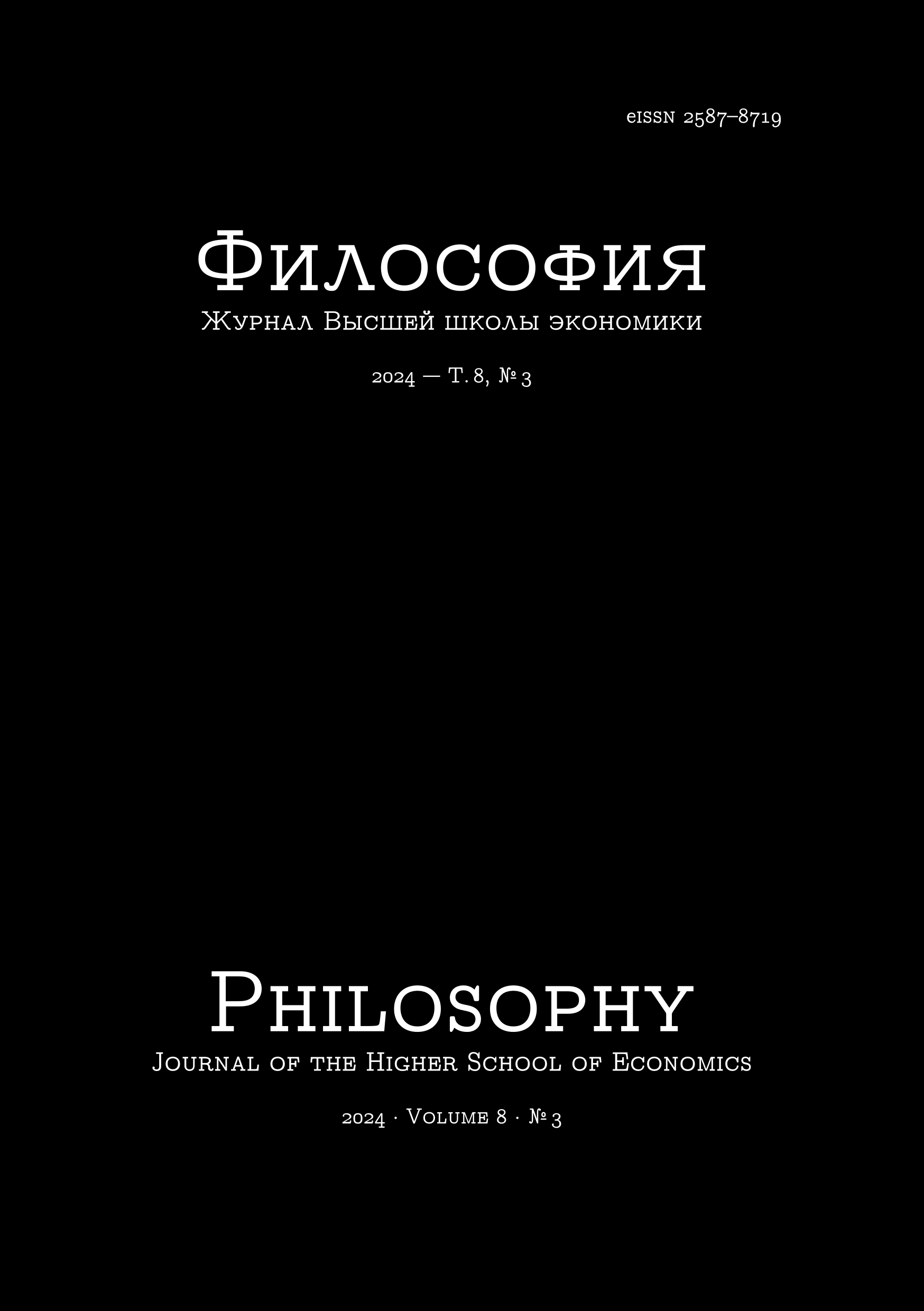“Mente iubilemus interius, uoce psallamus exterius”
The Marian Works of Juan Gil de Zamora, OFM
Abstract
Franciscan Juan Gil de Zamora's writings represent the most extensive surviving collection of 13th-century Latin Marian literature in Castile. Covering a broad spectrum of topics and genres, from poetic hymns and sermons to theological treatises and miracle tales, these works offer valuable insights into the Franciscan approach to promoting devotion to Mary among varied audiences. This article provides an overview of Juan Gil's Mariological contributions, emphasizing his “Office of the Virgin”, commissioned by King Alfonso X. Juan Gil's writings, primarily didactic, were influenced by his teaching roles within the Franciscan Order and aimed to support preaching. His strategic use of language to inspire devotion aligns with 13th-century mendicant preaching trends. By integrating earlier theological traditions with innovative elements, Juan Gil created a distinctive body of work that served both educational and devotional functions. This article reexamines the “Office of the Virgin” not merely as a pious text but as an integral part of Alfonso X's ideological agenda. By placing the Office within the framework of the king's political theology, new perspectives emerge on its function and its connection to other royal projects. The analysis demonstrates how Juan Gil's work intertwined religious and political narratives, enhancing Alfonso X's image as a devout ruler and reinforcing the political legitimacy of the Castilian monarchy. This study underscores the dual role of Marian devotion in shaping both spiritual and political spheres in 13th-century Castile.
Downloads
Copyright (c) 2024 Philosophy Journal of the Higher School of Economics

This work is licensed under a Creative Commons Attribution-NonCommercial 4.0 International License.






